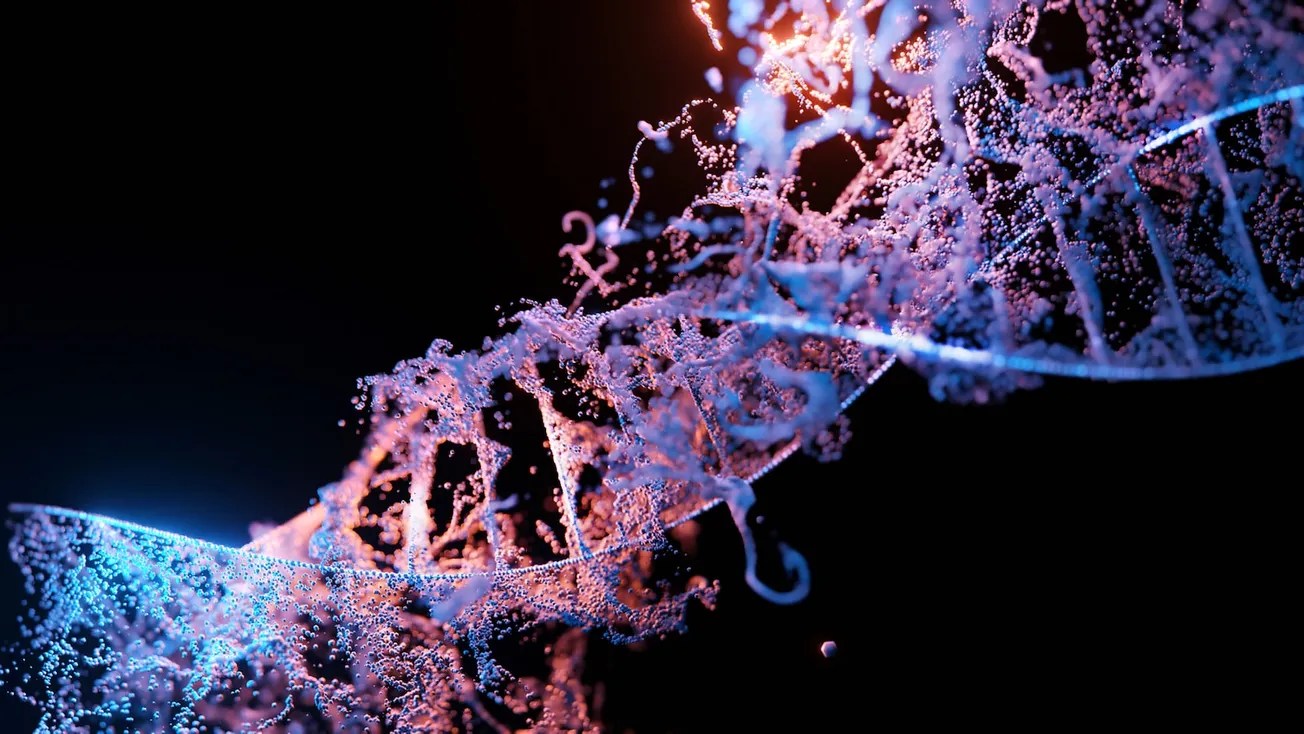Table of Contents
Charlottesville, Va. – In advance of a holiday season that could see record numbers of ancestry kits given as gifts, the Rutherford Institute is cautioning the public about the significant privacy risks associated with corporations, government agencies and hackers possibly gaining access to one’s familial DNA.
As the institute’s investigative report “We’re All Suspects in a DNA Lineup, Waiting to be Matched with a Crime” explains, a DNA print reveals everything about who we are, where we come from, and who we will be. By submitting one’s DNA to a genealogical database, individuals risk the police, corporations and hackers potentially gaining access to the genetic makeup, relationships and health profiles of every relative – past, present and future – in their family, whether or not they ever agreed to be part of such a database. The institute’s warning comes in the wake of reports that hackers may have gained access to the ancestry data of 6.9 million people through one of the leading genealogical sites.
“The debate over genetic privacy – and when one’s DNA becomes a public commodity outside the protection of the Fourth Amendment’s prohibition on warrantless searches and seizures – is really only beginning,” said constitutional attorney John W Whitehead, president of the Rutherford Institute and author of Battlefield America: The War on the American People. “No longer can we consider ourselves innocent until proven guilty. Now we are all suspects in a DNA lineup waiting to be matched up with a crime.”
Police have used ancestry databases to solve cold cases that have remained unsolved for decades. Anyone who comes up as a possible DNA match – including distant family members – can suddenly become part of a circle of suspects that must be tracked, investigated and ruled out. Although a number of states had forbidden police from using government databases to track family members of suspects, the genealogy websites could provide a loophole for law enforcement. For instance, in 2018, former police officer Joseph DeAngelo was flagged as the notorious “Golden State Killer” through the use of familial DNA, which allows police to match up an unknown suspect’s crime scene DNA with that of any family members in a genealogy database. Police were able to identify DeAngelo using the DNA of a distant cousin found in a public DNA database. A few states have started introducing legislation to restrict when and how police use these genealogical databases, with Maryland requiring that they can only be used for serious violent crimes such as murder and rape, only after they exhaust other investigatory methods, and only under the supervision of a judge.
Tens of millions of people have added their DNA to genealogical databases in recent years. Public, commercial DNA databases have grown so massive that they can be used to find you even if you’ve never shared your own DNA. One genealogy profile can lead to as many as 300 other people. All 50 states also maintain their own DNA databases, in addition to CODIS, the FBI’s massive DNA database. And as part of the government’s mandatory genetic screening of newborns, some hospitals also take and store newborn babies’ DNA, often without their parents’ knowledge or consent.
The Rutherford Institute, a nonprofit civil liberties organization, defends individuals whose constitutional rights have been threatened or violated and educates the public on a wide spectrum of issues affecting their freedoms.









